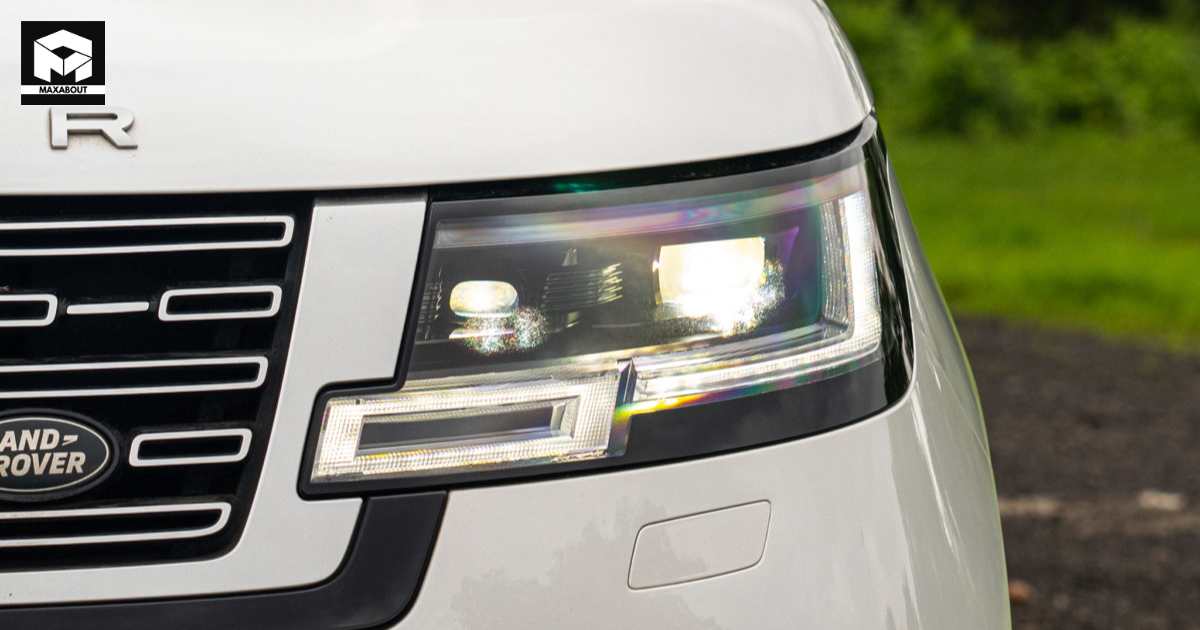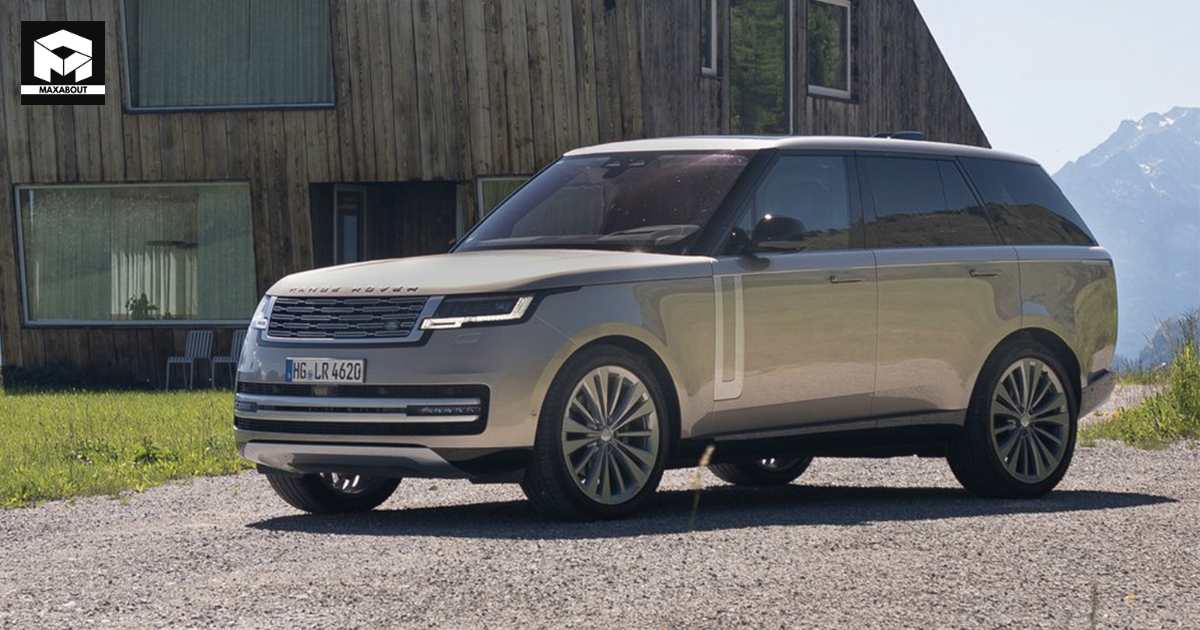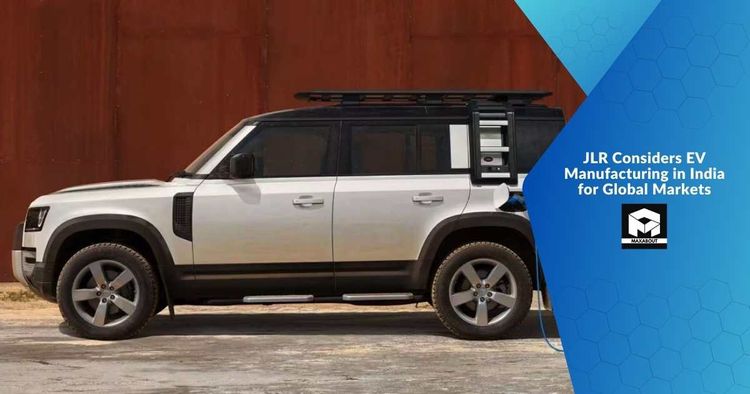The Tata Motors company Jaguar Land Rover (JLR) is considering the potential of producing electric cars (EVs) in India as discussions for the India-UK Free Trade Agreement heat up. The idea to build the biggest JLR production plant outside of the UK is being discussed at a very advanced stage. Though Pune and other nearby locations are also being considered, Sanand, Gujarat is a possible investment site.
EMA Architecture
JLR is exploring the Application of the Electrified Modular Architecture (EMA) developed by Tata Motors for its Avinya range. Initially formed as the Gen 3 EV platform the Avinya architecture transitioned to adopt JLR's EMA platform delaying the rollout of the first Gen 3 architecture-based EV to 2026-27 likely a luxury SUV positioned above the Harrier and Safari in the Tata Motor lineup.

Investment and Production Plans
The project needs a multi-billion-pound investment to develop four models each from Tata Motors and JLR over the coming decade targeting a projected volume of around 300,000 units. While Tata Motors will account for one-third of the production the remaining two-thirds are allocated to JLR for primarily export markets with a limited share of the domestic market in India.
Advancements in India-UK FTA
Progress in the India-UK Free Trade Agreement discussion has launched momentum for the determined project. As talks reach a critical stage with 13 rounds completed and the 14th underway the Prime Minister’s Office has conducted several reviews to resolve remaining issues and finalize the agreement.
Tata Group's Investment in Battery Manufacturing
Tata Motors' parent company, Tata Group has committed a substantial investment of $1.3 billion in Agratas a cell manufacturing company set to establish operations in Gujarat. In collaboration with Envision AESC, Agratas aims to become a key supplier of battery technology and cells. JLR is expected to source a significant portion of its battery packs from Tata Agratas should the EV manufacturing project proceed.
Partnership for EMA Platform Licensing
Tata Motors' EV subsidiary Tata Passenger Electric Mobility Ltd entered a Memorandum of Understanding (MoU) with JLR to license the EMA platform for the development of Tata's upcoming EVs. In an effort toward future electric vehicles or Gen 3, the partnership covers electrical architecture, electric drive units, battery packs and manufacturing know-how.

EMA Architecture Details and Localization
The EMA architecture announced in 2021 will underpin next-generation JLR models, including the Velar, Evoque, and Discovery Sport. Designed around the battery the platform offers advanced features such as Software Over The Air (SOTA), Level 2+ autonomy, and Feature Over The Air (FOTA) capabilities. With localization efforts underway in India, the EMA platform aims to balance cost competitiveness with premium quality.
Collaboration Between Tata Motors and JLR
After the Harrier and Safari SUVs which were developed on the D8 platform of the Jaguar Land Rover Freelander were successfully developed Tata Motors and JLR entered into a major collaboration with the EMA partnership. In the global automobile business, the joint venture demonstrates a strategy commitment to innovation, sustainability, and market leadership.
An important turning point in the development of India's automobile industry is JLR's consideration of EV production there. The framework for a major increase in EV production is being established with the increasing momentum of the India-UK Free Trade Agreement discussions and the major investments made by the Tata Group in battery manufacturing. The strategy commitment towards innovation and market leadership is displayed by the relationship between JLR and Tata Motors. The idea of an advanced electric vehicle manufacturing facility in India is becoming more real as talks and agreements advance indicating a revolutionary change towards sustainable transport on a worldwide basis.

